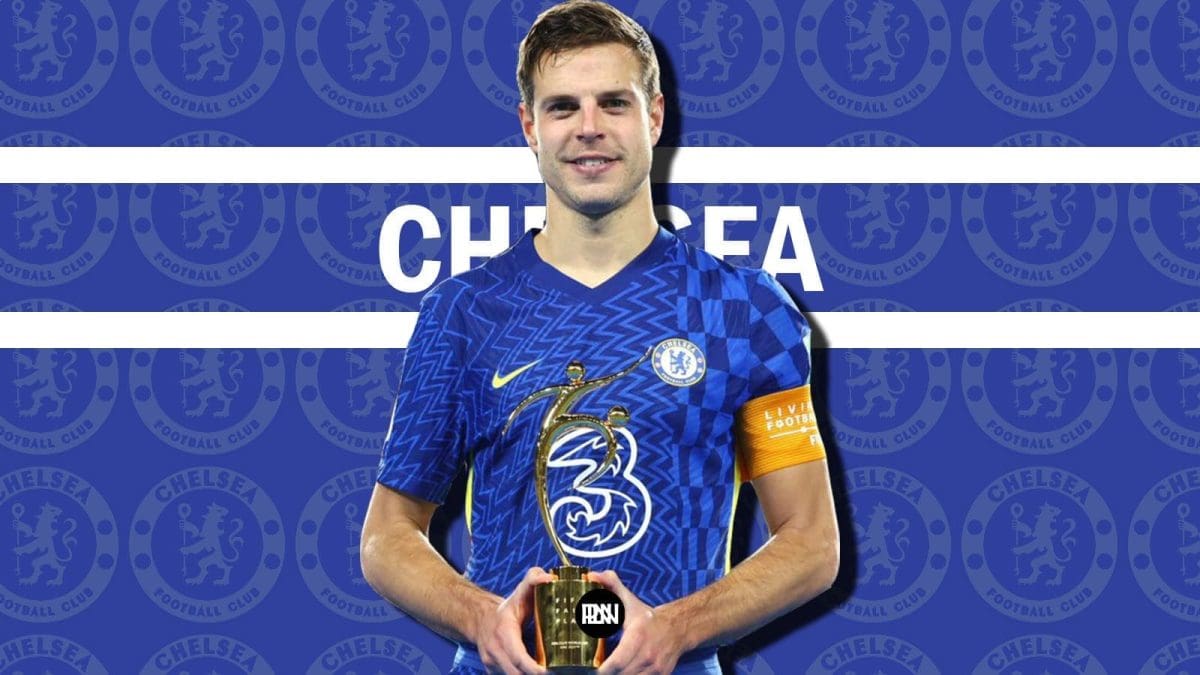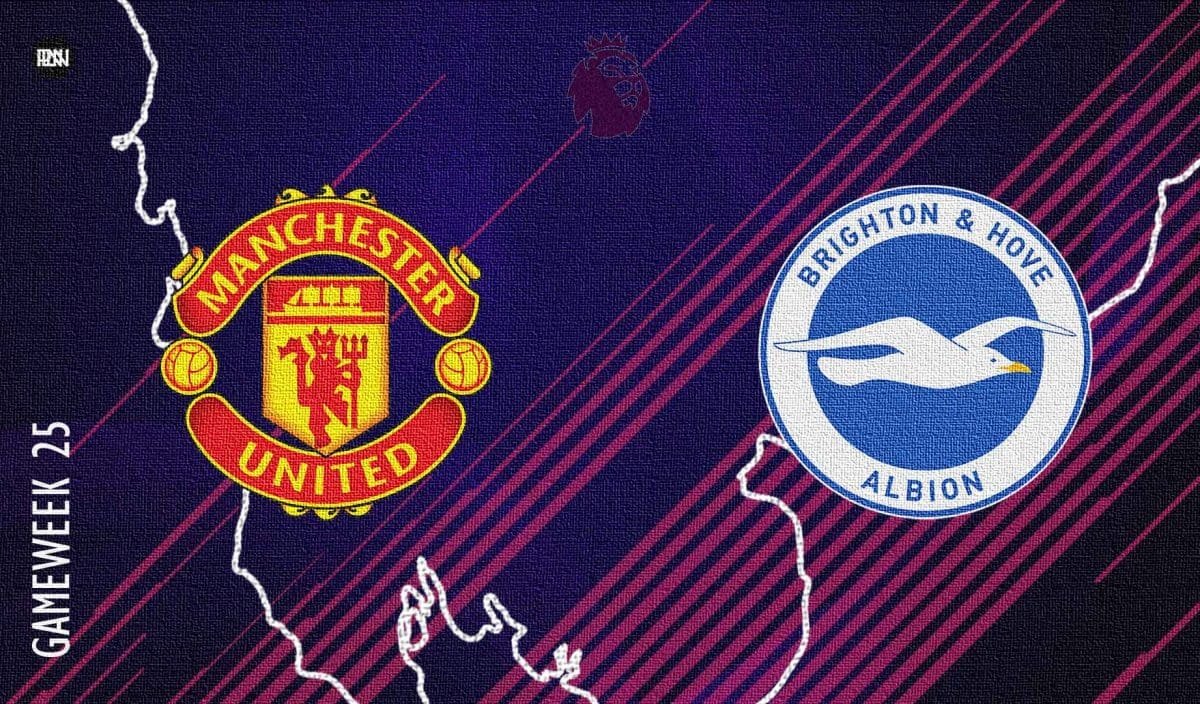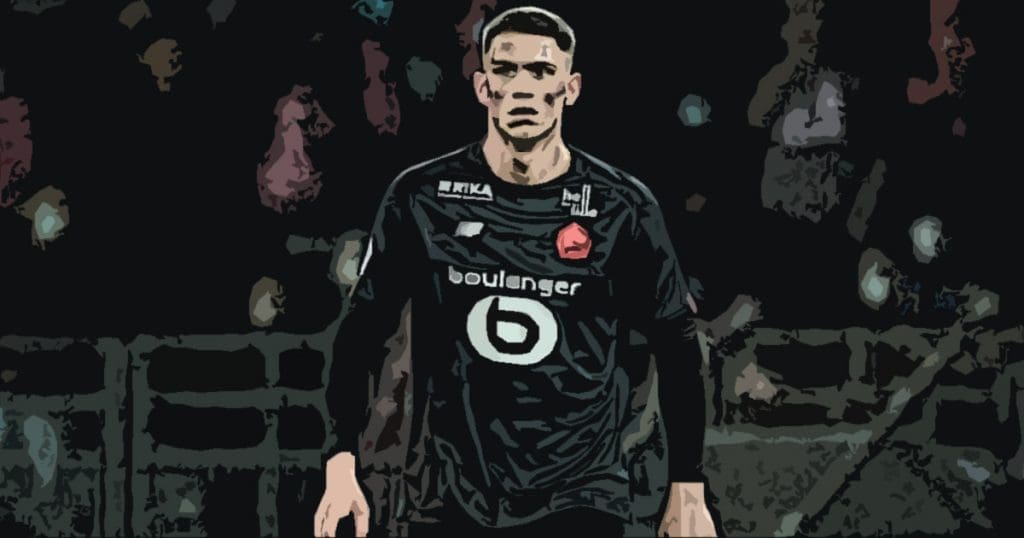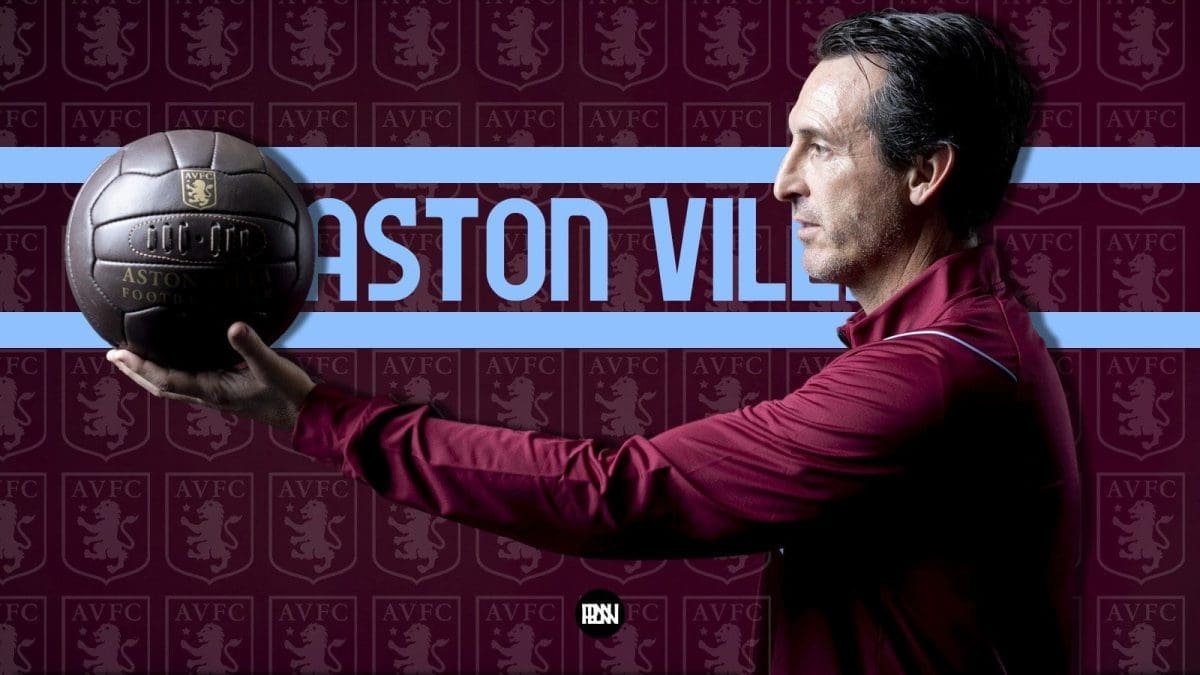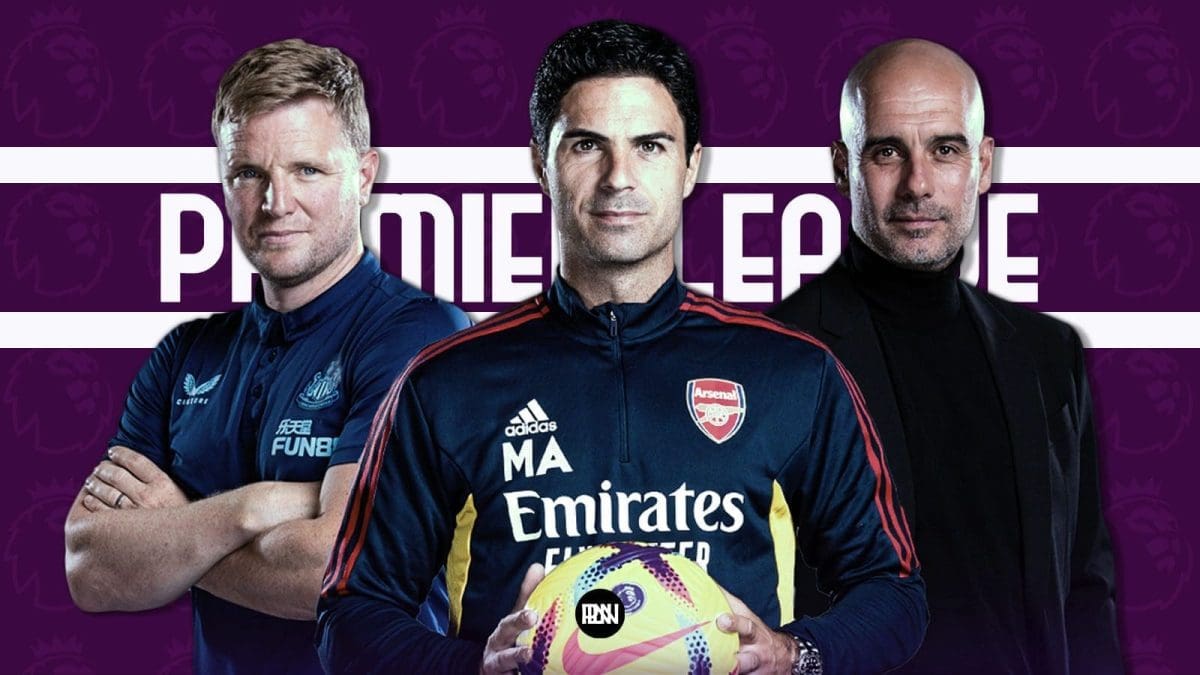Extra time beckoned at the Mohammed Zayed Stadium in Abu Dhabi as 90 minutes could not separate Chelsea and Palmeiras in the FIFA Club World Cup. A Romelu Lukaku header was cancelled out by a Rafael Veiga spot-kick in regulation time, and the Blues were to suffer the ordeal of 30 additional minutes to banish their ghosts from the loss in the final ten years ago. And as poetic justice would have it, the only survivor in the playing staff from 2012’s loss to Corinthians in Tokyo rose the highest in the penalty area from a corner to have his effort obstructed by a stray Palmeiras arm.
As the referee pointed to the area after having a look at the screen, it was César Azpilicueta who asked for the ball and stepped up to the spot. As the Palmeiras players swarmed around him in order to intimidate him, the Chelsea skipper was a picture of concentration as he soaked in all the pressure of the occasion – motivated to set things right from a decade ago. But just when he was set to put the ball down on the mark, Azpilicueta did something no Palmeiras player expected him to do – he passed the ball to Kai Havertz in what was an anti-climactic finale, to say the least.
The 22-year-old who missed the only penalty he has taken for Chelsea in the Super Cup final was spared of the mind games, and the German made no mistake from the spot this time. While Havertz made the headlines once again following his Champions League final heroics last May, the unsung captain’s contribution went unnoticed as it always does. It exemplified his Chelsea tenure, and though he had the chance to win the only trophy that was missing from his decorated spell in West London – he selflessly passed the glory on as Chelsea won the Club World Cup.
Not many people would have predicted his eventual stature at the club when he joined from Olympique Marseille in the summer of 2012. But as Azpilicueta lifted the trophy into the night sky in Abu Dhabi, he created history by becoming the first Chelsea player to win every available silverware there is in club football. The Spaniard cemented his legacy in club folklore as one of their most decorated players of all time, and the only one to complete the box set – a feat that not even the cream of the crop such as the likes of John Terry, Frank Lampard, Didier Drogba and Petr Cech managed to achieve.
Joining in 2012 as a deputy at right-back for Branislav Ivanovic, the 23-year-old Azpilicueta’s versatility and dedication to the cause was prized by almost every Chelsea manager that he has played for. While he did not feature much in his first few months in London under Roberto Di Matteo, it was under Rafael Benítez that he became a regular for the first time in his Chelsea tenure. Azpilicueta made 51 appearances in his first season in England, and ended the season with the Europa League trophy as Chelsea defeated Benfica 2-1 at the Amsterdam Arena.
The return of José Mourinho to the helm at Stamford Bridge in the following season brought the best out of the Spaniard, as Azpilicueta dethroned club legend Ashley Cole as the starting left-back. It was in this season that Azpilicueta scored the first goal of his Chelsea tenure in typical fashion, as he showed immense determination to cover an extraordinary amount of ground to nudge the ball home past Wojciech Szczęsny in goal for Arsenal at the Emirates Stadium. The commitment he showed to get his first goal for the club would grow to be synonymous with his Chelsea spell.
Azpilicueta’s versatility even saw him play on the left-wing in the Champions League semi-final against Atlético Madrid – albeit in a losing cause. Although the Blues ended that season trophyless, it was in the following season that Azpilicueta was integral to the Chelsea team that did the double–winning the Premier League as well as the League Cup. Mourinho’s comments on him in the 2014/15 season is still apt to describe Azpilicueta – the ‘Special One’ famously said that “a team of 11 Azpilicuetas can win the Champions League, because football is not all about pure talent.”
The season that followed was a forgettable one as Chelsea finished the season in 10th place in what went down as the worst Premier League title defence of all time, but Azpilicueta could hold his head high as one of the few players still operating at a level close to the previous season. In the following season, Cesar Azpilicueta added another feather to his ever-growing cap of honours, as the Spaniard played every minute of the league campaign – the majority of them being in an unfamiliar position on the right side of a back three as Chelsea reclaimed the Premier League title under Antonio Conte.
The Italian applauded Azpilicueta’s commitment and described him as “a dream for any coach to have”, while also dubbing him as “one of the best defenders in the world.” Azpilicueta was named as Chelsea vice-captain in the summer of 2017 after the departure of John Terry, and continued to be one of Conte’s key players in the following season as Chelsea won the FA Cup, often donning the armband in the absence of Gary Cahill – but he soon witnessed the fifth managerial appointment of his Chelsea tenure as Conte was succeeded by his compatriot Maurizio Sarri.
Despite Sarri reverting to a back four and a much more progressive style of football compared to his pragmatic predecessor, Azpilicueta continued to be key – and would soon win his sixth major title at Chelsea when the Blues won the Europa League title after defeating Arsenal in Baku. Azpilicueta lifted the trophy alongside Cahill, and would eventually succeed the latter as the club captain that summer – while also witnessing the sixth managerial appointment of his Chelsea spell when club legend and former teammate Frank Lampard ascended to the helm in 2019.
Now on the wrong side of 30, Azpilicueta often struggled to be as effective in a back four in Lampard’s high-intensity system, and the following season saw Lampard taking him out of the team to accommodate the fast-developing Reece James. But being the model professional that he is, Azpilicueta willingly took his seat on the sidelines to help develop his protège. However, the best spell of Azpilicueta’s Chelsea tenure was yet to come, as the appointment of Thomas Tuchel saw him restored in the line-up when the German reverted the Blues to a familiar formation.
Being restored on the right side of a back three, Azpilicueta showed major improvement as his lack of pace and dynamism was being protected by the system while his strength – his one-on-one defensive ability was being utilised to the optimum. Some of the best form Azpilicueta showed in his whole Chelsea tenure coincided with the club reaching two finals by the end of the season – while the Blues lost the FA Cup final to Leicester City, they won the Champions League title for only the second time in the club’s history against Manchester City in Porto.
It was a characteristic performance by the defender at the Estadio do Dragao, as he shone both as an individual and part of a collective to keep the door shut against a free-scoring Manchester City side. Azpilicueta put his body on the line (quite literally on one occasion) to help Chelsea keep a clean sheet, as he lifted the trophy that the club last won only three months before his arrival in London. While the Spaniard joined the champions of Europe at the time, it took his team nine years to earn that mantle back – and as fate would have it, it was his arms that lifted the coveted title for the Blues once again.
Success in the Super Cup followed as Azpilicueta converted from the spot in the penalty shoot-out against Villarreal, and after having won his eighth major trophy for the club – he was only one short of completing the collection and creating history. As some stories just seem to write themselves, Chelsea were to travel to the United Arab Emirates next as the European champions to compete in the Club World Cup – coincidentally, ten years after Azpilicueta’s first-ever shot at winning a cup competition with the club that he grew to be so affiliated within his career.
Therefore, it is only natural to feel that when the Blues were awarded a spot-kick in additional extra time in the Club World Cup final in Abu Dhabi, it would have been poetic justice for the captain to slot away the penalty to create history both for himself as well as the club. But in typical fashion, the selfless Spaniard put his team’s interest before his own, and despite being a fairly decent taker from the spot himself, he passed the opportunity down to a younger and more natural candidate – even taking pressure off his young shoulders to help him live up to the occasion.
In a club with a managerial revolving door policy as ruthless as it is in Chelsea, Azpilicueta proved to be a man of men – a colossus in the heart of the team, an ultimate professional who has been the one common factor through different squads, different systems and different generations to have worn the royal blue shirt. While a young Azpilicueta came into a squad whose core belonged to the ‘old guard’ of Terry, Lampard and Cech – he was a mainstay through the Eden Hazard era – and now, he has led the young, new generation of the Blues to continental and international success.
Now into his tenth year at the club, Azpilicueta has lost some of the pace and the intensity that made him such an indispensable option for every manager – but the heart, the determination and the leadership is still indomitable in the history-making Spaniard. With his contract running out in June, it may well prove to be the last few months of his Chelsea tenure – but even if “Dave” does end up leaving Chelsea this summer, he will have no regrets having come full circle in West London. Commitment, leadership and dedication have been synonymous with Azpilicueta over the years, and it will not be an exaggeration to say that Chelsea’s working-class hero has now won it all – and completely deserves the unprecedented, legendary status that he now has sealed at ‘his’ football club.


